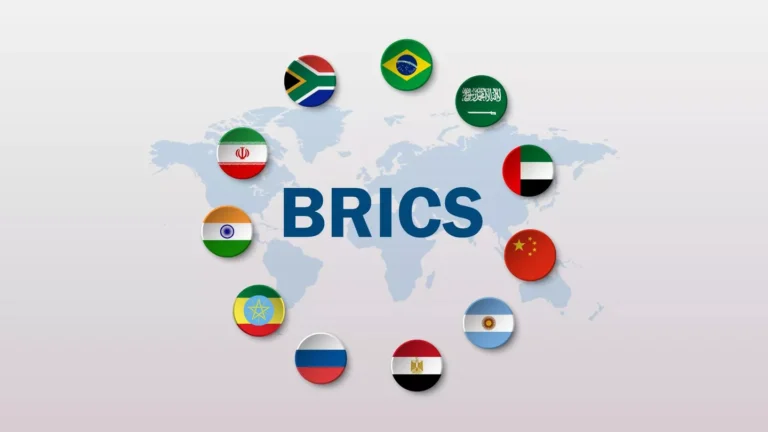The aim of these emerging economies is to facilitate access to these medicines, which are currently very expensive.
The BRICS countries are moving towards the creation of a regulatory regime aimed at eliminating barriers to biologics and biosimilars.
This initiative, supported by experts from the BRICS+ Working Group on Competition in Pharmaceutical Markets, could revolutionise access to advanced treatments in these regions.
Biological medicines, derived from living cells using advanced biotechnologies, can treat some of the most serious and rare diseases. However, their prohibitive cost – a single dose can exceed $3 million – poses a major problem for developing countries.
Biosimilars, generic versions of these drugs, offer an affordable alternative, with costs 70 to 90 per cent lower, while providing comparable efficacy.
According to experts, the global market potential for biosimilars could reach $100 billion by 2030, making this sector a priority for BRICS.
Presenting the first results of its annual study, the BRICS Centre for Competition Law and Policy, affiliated to HSE University, stressed the need to remove regulatory barriers in the pharmaceutical sector.
According to Alexey Ivanov, Director of the Centre, “legal and regulatory requirements, while necessary to ensure safety and efficacy, must not be abused for protectionist purposes.”
The aim is not to create a single market, but to create healthy competition by removing unreasonable barriers. This could include bilateral and multilateral projects aimed at reducing production costs and harmonising standards without compromising quality.
India, already a major player in the biosimilars market with 90 approved products compared to 45 in the US, could be the first country to test a pilot project.
According to Samir Kulkarni, Professor at the Mumbai Institute of Chemical Technology, this BRICS collaboration can reduce production costs by more than 90 per cent for certain products such as filgrastim and teriparatide.
BRICS competition authorities also have a key role to play in developing an inclusive and innovative market. The forthcoming sector study, the results of which will be presented at the meeting in Kazan in March 2025, will lay the groundwork for this regulatory transformation.
ARD/te/lb/Agik/PA
—


